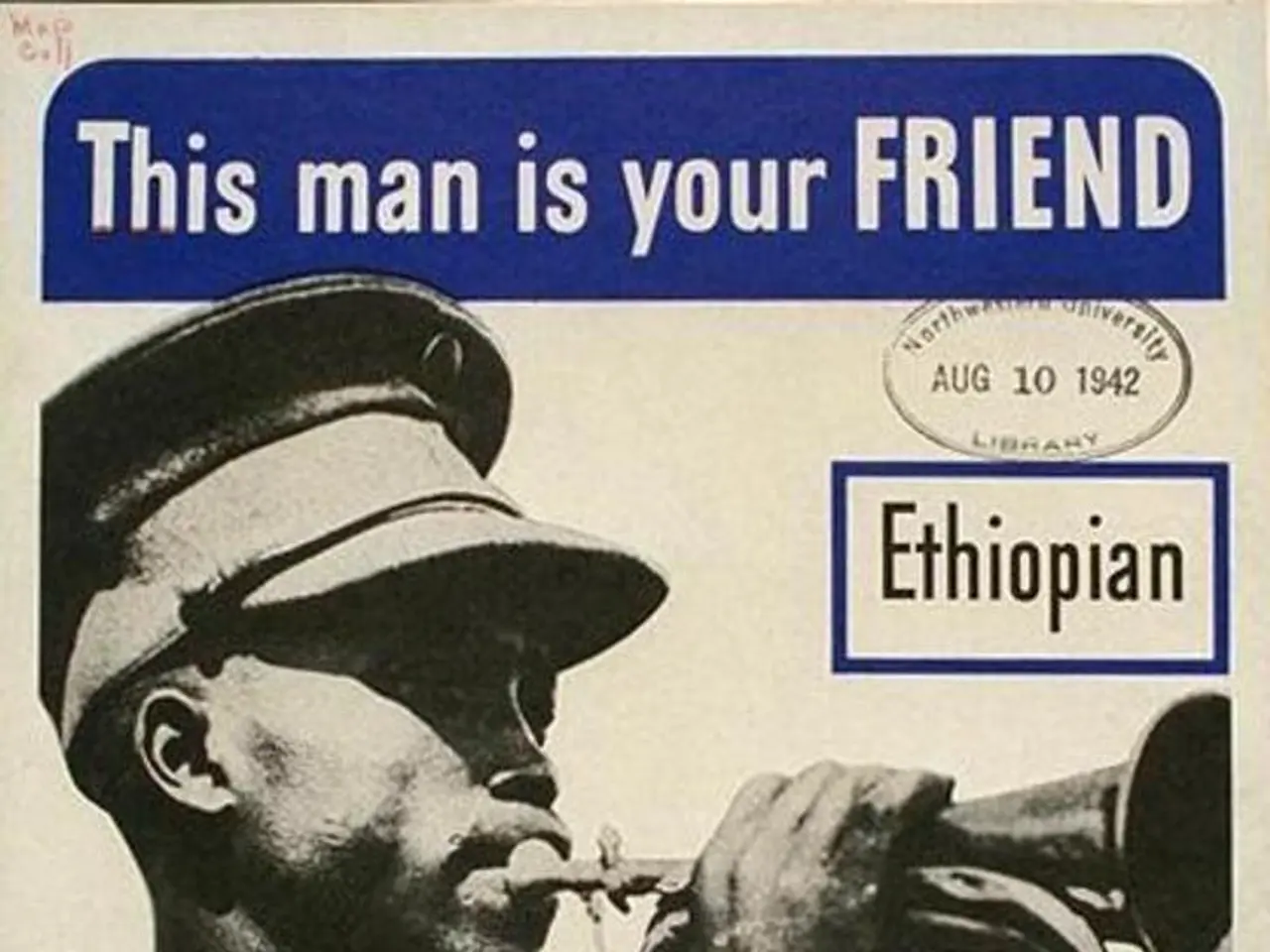Authoritarian Maduro Regime in Venezuela Allegedly Imposes Systematic Oppression on Critics, According to Human Rights Watch
In the aftermath of the 2024 presidential election in Venezuela, a deepening crisis has emerged, with numerous reports of human rights abuses and political repression.
The election, won by President Nicolás Maduro, has been marred by allegations of fraud. Thousands of people took to the streets in protest, but their voices were silenced by a government crackdown.
A nationwide campaign called "Operation Knock Knock" was initiated by the government, targeting protestors and political opponents, particularly in working-class neighbourhoods. This operation, according to Human Rights Watch, includes killings, arbitrary arrests, enforced disappearances, and torture.
Many political prisoners have been charged with vague offenses like "terrorism" and "incitement to hatred", which can carry sentences of up to 30 years. High-profile detainees include opposition leaders Freddy Superlano and Jesús Armas, human rights lawyer Eduardo Torres, and 2024 presidential candidate Enrique Márquez.
Detainees have often been held incommunicado and denied access to lawyers and due process. The official vote tally from the 2024 presidential election has never been released, fueling suspicion and unrest.
Opposition groups claim that opposition candidate Edmundo González won the election, but the Maduro government's repression has been systematic, as stated in a report by Human Rights Watch. The report accuses Maduro's administration of politically motivated arrests and widespread human rights violations.
Juanita Goebertus, Americas director at Human Rights Watch, stated that the Venezuelan authorities are committing systematic human rights violations against critics. She also noted that the Maduro government has for years followed a 'revolving-door' pattern, releasing some arbitrarily detained people while arresting others.
Victims reported beatings, electric shocks, suffocation, and solitary confinement in dark, overcrowded cells. As of July 21, at least 853 political prisoners remain behind bars, according to Venezuelan NGO Foro Penal.
Human Rights Watch is urging the international community to demand lasting reforms and support ongoing investigations into human rights abuses. The organization also calls for leveraging upcoming diplomatic events, including the CELAC-EU summit in Colombia and the Vatican's planned canonization of two Venezuelans in October, to push for broader accountability.
Countries within the international community, notably the United States and European Union member states, have imposed sanctions and criticized the Maduro government’s authoritarian practices while supporting human rights scrutiny.
The situation in Venezuela continues to be a significant concern for the international community, with calls for justice and reform growing louder each day.
Read also:
- Tobacco industry's suggested changes on a legislative modification are disregarded by health journalists
- Trump's Policies: Tariffs, AI, Surveillance, and Possible Martial Law
- Uncovering Political Ad Transparency: A Guide to Investigating opponent's Political Advertisements in the Digital Realm
- Elon Musk praises JD Vance's debate performance against Tim Walz








